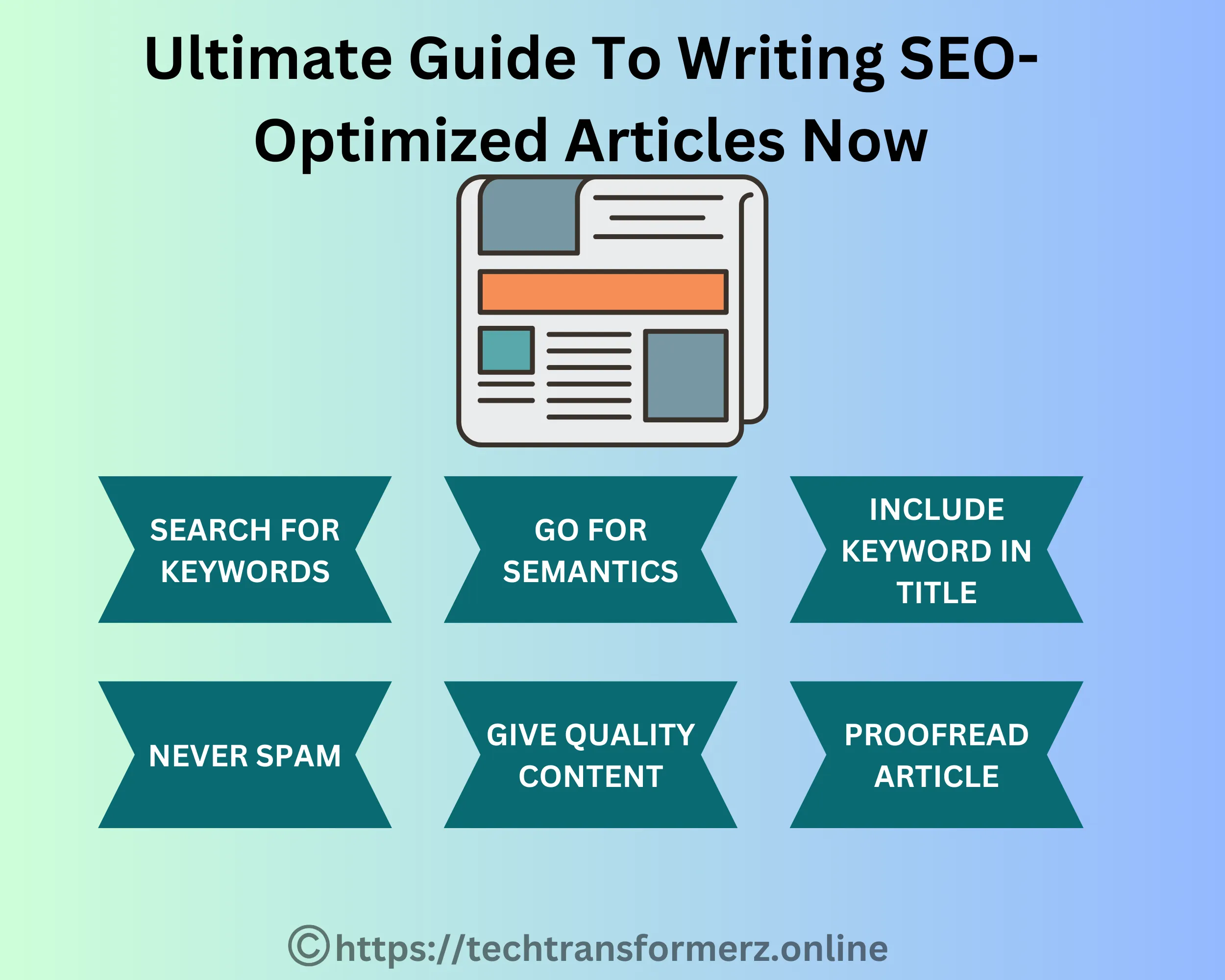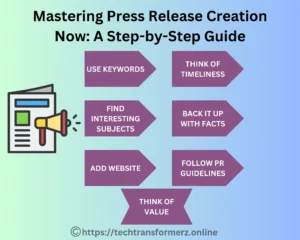Ultimate Guide To Writing SEO-Optimized Articles Now. If you are not a professional writer but have a information to share online then you need to know about how to write Seo article.
You have heard this far too many times, but I am never tired of emphasizing this: content will always be king online. It is one of the most basic foundations of any online marketing strategy. After all, Internet users do not immediately buy items or use services. They do research first, gathering as much information as they can.
If you are creating copies for your website, you might want to remind yourself of these tips. These ensure you follow the ethical guidelines of SEO (search engine optimization) as much as possible:
- Search For Keywords. You have got plenty of tools for this one. If you are looking for something effective and free, you can go for Google AdWords Keyword Tool. What types of keywords should you be looking for? Of course, those that are related to your niche. If you are into ecommerce software, you can probably have “ecommerce software reviews,” “top ecommerce software,” etc.
- Go For Semantics. In SEO, especially in writing, there is such a thing as latent semantic indexing (LSI). Simply put, search engines such as Google determine your website’s relevancy to the keywords or to the niche based on the main as well as the related words and phrases found on your article. Using the example above, you may write an article about ecommerce software for Mac, and you use that as your main keyword. However, since we are doing LSI, you can include terms such as “Mac,” “ecommerce solutions,” “online selling software,” so on and so forth.
- Include The Keyword Into Your TITLE. This is not mandatory, but it is highly recommended that you include the main keyword into your title. Spiders crawl websites from top to bottom, so the title gets indexed first. Further, when your link appears on the search engine results page (SERP), it is the title the Internet user sees. Nevertheless, don’t add it unless it feels natural.
- Never SPAM. Spamming happens when you repeat the keywords very often in the article. A lot of Internet marketers are keeping tabs on keyword density, which is determined by dividing the number of times your keyword appears over the total word count. The ideal keyword density is 1.5 to 2 percent for a 500-word article. But to save yourself the trouble, just use the keyword whenever it is necessary. If you can’t help but repeat keywords over and over, consider their synonyms instead.
- Give Quality Content. Above everything else, make sure that your content is excellent—that it’s going to be worth sharing. This is one of the best ways on how to generate inbound links for your web pages. Quality content is often shared online, and in the process, you get a boost in traffic, page rank, and search engine placement.
- Proofread The Article. You don’t have to be an English major to write articles for the Web, but your copy should look professional. The only way to do that is to proofread and get rid of misspellings and wrong grammar, among others.



Be First to Comment